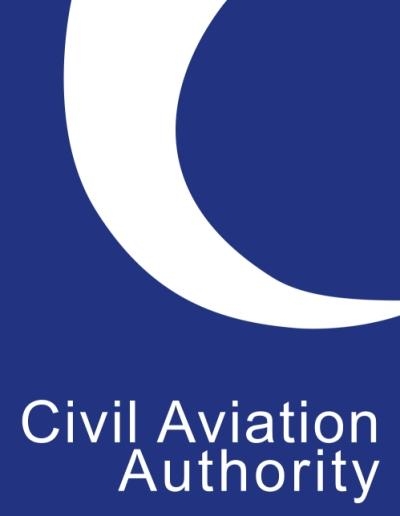New Rules Follow Multiple Offshore Accidents Involving Fatalities
The UK Civil Aviation Authority (CAA) has announced a series of measures intended to increase the safety of offshore helicopter flights. The changes are the result of a comprehensive review of offshore helicopter operations undertaken in conjunction with the Norwegian CAA and the European Aviation Safety Agency (EASA) and advised by a panel of independent experts.

There will be important changes to the way pilots are trained and checked. And the CAA will take on the role of approving each offshore helideck, ensuring they meet strict safety standards.
There are a number of recommendations to EASA, as the regulator for helicopter certification and airworthiness. These include enhancing the safety of helicopters; establishing a review of offshore helicopter accidents and incidents with national aviation organizations, such as the CAA, to highlight safety issues and develop remedies; and, the development of standardized helicopter operating information for pilots.
The measures include:
- Prohibiting helicopter flights in the most severe sea conditions, so that the chance of a ditched helicopter capsizing is reduced and a rescue can be safely undertaken
- Pending further safety improvements to helicopters, passengers will only be able to fly if they are seated next to an emergency window exit to make it easier to get out of a helicopter in an emergency (unless helicopters are fitted with extra flotation devices or passengers are provided with better emergency breathing systems)
- Requiring all passengers to have better emergency breathing equipment to increase underwater survival time unless the helicopter is equipped with side floats
In the meantime, the CAA is expecting helicopter operators to make improvements to helicopters and survival equipment including:
- Fitting side floats
- Implementing automatic flotation equipment
- Adding hand holds next to push out windows
- Improvements to life rafts and lifejackets
And the Offshore Petroleum Industry Training Organization (OPITO) is expected to improve survival training for offshore workers.
“The safety of those who rely on offshore helicopter flights is our absolute priority," said CAA Chair Dame Deirdre Hutton. "The steps we are announcing today will result in significant improvements in safety for those flying to and from offshore sites in the UK and potentially worldwide.
“We expect helicopter operators, the oil and gas industry and EASA to move forward with recommendations to them as soon as possible. For our part, the CAA is already taking forward actions directly under our control. We will monitor and report regularly on progress, so that people can have confidence that these important changes are being implemented as quickly as possible.”
In gathering evidence for the review the team engaged with trade unions representing industry workers and pilots, the oil and gas industry, helicopter operators, manufacturers, government, regulatory bodies and other experts in the field, as well as analyzing available data and reports.
While each organization will be accountable for implementing the recommendations under their control the CAA will establish and chair a new safety forum that will actively promote delivery of the recommendations and publicly report on progress.
 NTSB Prelim: Piper PA-23
NTSB Prelim: Piper PA-23 ANN FAQ: Submit a News Story!
ANN FAQ: Submit a News Story! Classic Aero-TV: One Mans Vietnam
Classic Aero-TV: One Mans Vietnam ANN's Daily Aero-Linx (07.03.25)
ANN's Daily Aero-Linx (07.03.25) ANN's Daily Aero-Term (07.03.25): High Speed Taxiway
ANN's Daily Aero-Term (07.03.25): High Speed Taxiway



